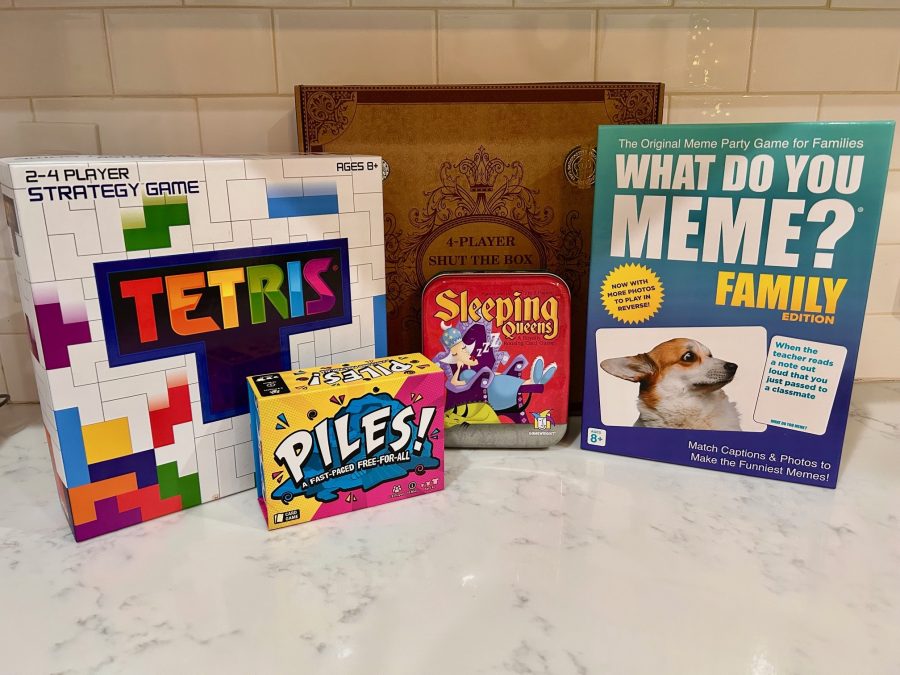Since our second child was a baby, my husband and I noticed unique quirks about his personality. We chalked it up to idiosyncrasies that were part of his overall character, but as he grew along with our understanding, we began taking more serious notice of these character traits. He was always distracted. We affectionately referred to it as being “in La-La Land.” Anytime we’d give instructions, particularly multi-step instructions, he’d get lost in his own thoughts. Sometimes he’d get lost in his own room.
We evolved in our parenting to develop coping mechanisms on our end and his.
One night, I eliminated as many distractions as I could before I made eye contact, told him to go brush his teeth, had him repeat the instruction back to me, and watched as he got lost in the ten feet or so between where we were standing and the bathroom. My heart sank as I watched him try to navigate through the jungle of distractions that were his toys, clothes, and bed — a veritable minefield that stretched between the directive and the action.
He’s sincere, kind, generous, selfless, creative, imaginative, articulate, and hugely intelligent. For as long as we can remember, he has also been aloof, sensitive, impulsive, reactionary, and consistently easily distracted. But when those unsavory characteristics began to overshadow his endearing qualities, we talked to his pediatrician.
When I approached two different pediatricians (we changed doctors when our first relocated) about my concerns and the potential of his being A-D-D, both told me with confidence that he isn’t. “He’s not hyper. He isn’t fidgeting. The kids I see with A-D-H-D can’t sit still.” I must admit that while I wanted to be relieved, I wasn’t. If we had a simple diagnosis, especially one so common, we’d also have an action plan. I didn’t want a diagnosis as much as I wanted help. I was reaching out to the professionals with my questions.
And I had and still have so many questions.
Whatever happened to A-D-D without the H? (I would never describe my son as hyper, but having a deficit of attention? Yes. Absolutely.) How do I parent him? What methods work best? How many directives can he handle at a time? What will overwhelm him? How do I avoid that while at the same time helping him prepare for life? Will his strengths be enough to help him cope at school?
And the biggest ones: Do we medicate? Do we have to? Are there alternatives?
 I should mention here that while I’m not opposed to any form of medication, I see it as a last resort. I fully appreciate that our physiological make-ups are all different, but I was not ready to impose medicine on him until we had exhausted every possible resource. And I mean every. possible. resource.
I should mention here that while I’m not opposed to any form of medication, I see it as a last resort. I fully appreciate that our physiological make-ups are all different, but I was not ready to impose medicine on him until we had exhausted every possible resource. And I mean every. possible. resource.
We’ve done just about everything. I have lavender candles burning during homework for calming. I’ve tried headphones to eliminate auditory stimuli. He has tried listening to music during grocery trips and homework, all while I argued with myself that he won’t or maybe shouldn’t have those options as an adult. After we saw manifestations of some anxiety at school, he began seeing a therapist, or his “brain doctor.” He sleeps with a weighted blanket, has had to abstain from screens, and has a controlled diet.
And then we talked to a nutritionist about vitamins. PLEASE note that I am a teacher, NOT a physician! We spoke to our pediatrician again about the safety and dosage amounts, and I suggest anyone do the same before any course of action. The conclusion that my husband, our pediatrician, and I came to was to put our son on B6, Omega-3, and Magnesium supplements to help with calming and focus. We started with very limited dosing and saw a promising effect.
As he’s grown, we’ve had to adjust the dosage and number of vitamins he takes in a day. While I thought we had a long-term solution to keep the problem at bay, I know it’s something we’ll always juggle. And I don’t have a long-term solution. We may end up seeking a medical solution, which is fine.
It’s been a tenuous battle, and it will continue to be.
In every step we take, we seek professional guidance to make the most informed decision focused on the best interest of our son. Still, this is the current snapshot of our ongoing medication battle.



















As someone with ADHD – I can tell you the “h” doesn’t necessarily mean hyperactive in the way people think. I’m an introvert and mostly quiet- but I have trouble sleeping at night (my brain doesn’t stop even when I am tired) – I tap things and I fidget in less noticeable ways (shaking my foot as we speak). I was diagnosed as an adult – did not like the person medication made me and learned how to deal with it without medication. I was told by a psychiatrist many years ago to use caffeine/coffee when I decided to never use adderall again. Works for me but I still did have to learn what I could and could not manage and what overwhelms me.